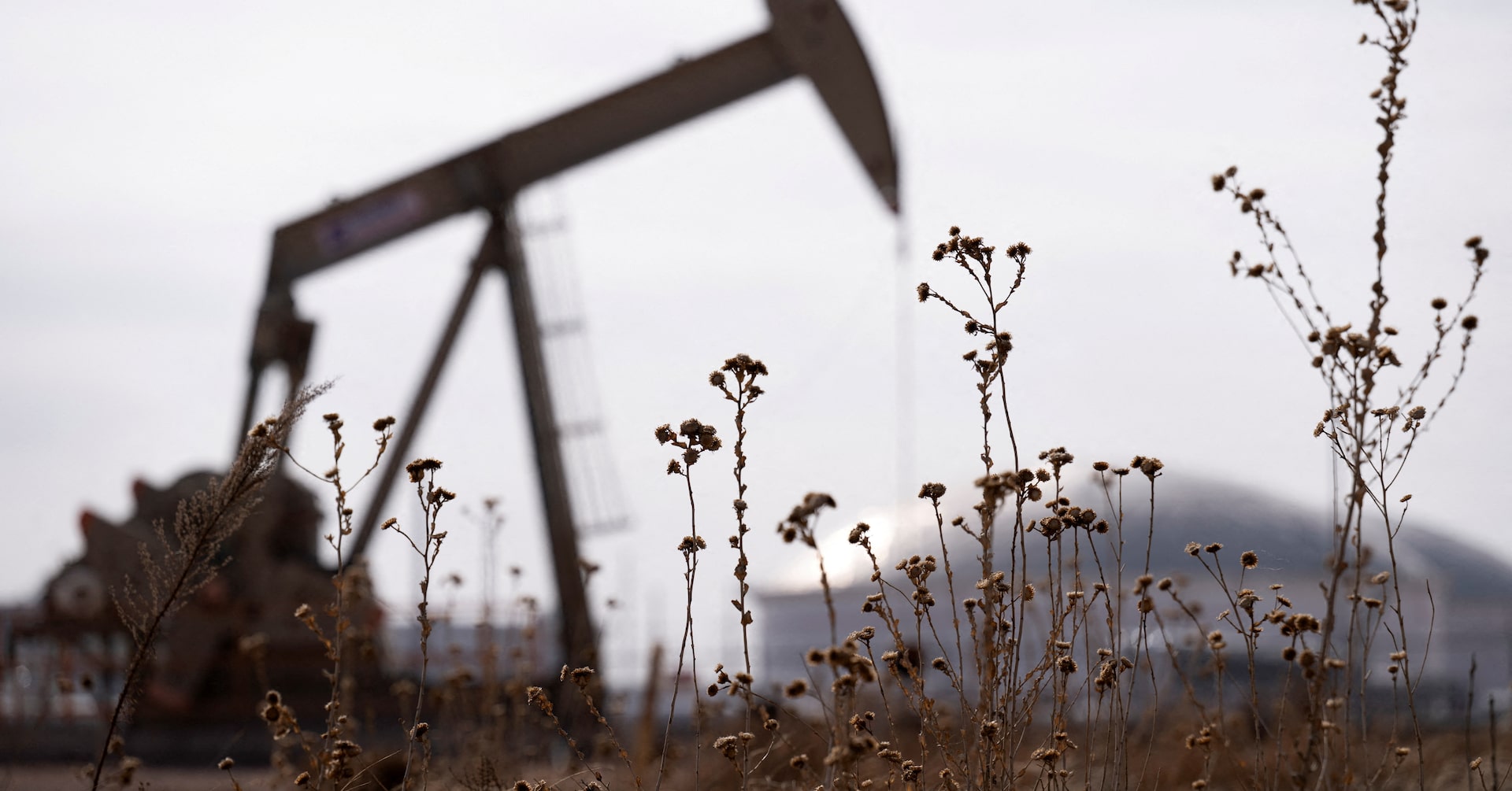Oil Giants Sail Calm Waters as Climate Crisis Looms: Industry Unfazed

As global economic uncertainties loom large, major oil and gas corporations find themselves at a critical crossroads. Despite mounting challenges and growing economic headwinds, these industry giants seem surprisingly passive, showing little urgency to adapt or pivot their strategies.
The current landscape is fraught with complexity: slowing global growth, geopolitical tensions, and shifting energy dynamics are creating a perfect storm of potential disruption. Yet, these companies appear remarkably stoic, almost paralyzed by the unfolding economic challenges.
While economic indicators signal potential turbulence ahead, top oil and gas executives seem to be maintaining a wait-and-see approach. This cautious stance could prove risky, as the energy sector continues to face unprecedented transformation and unpredictability.
The industry's apparent reluctance to proactively recalibrate their business models might ultimately prove to be a strategic misstep. As economic pressures intensify, flexibility and rapid response could become the key differentiators between those who survive and those who struggle in the coming months.
